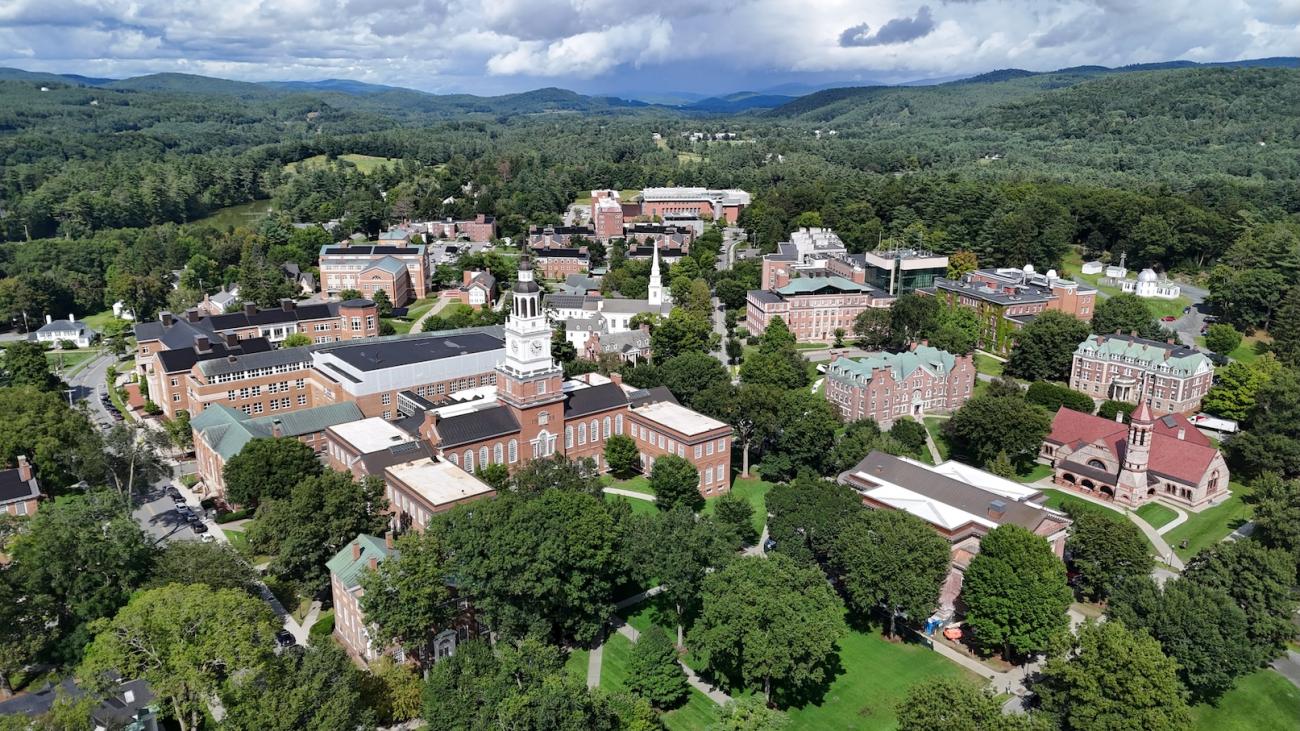
My past two years working at Dartmouth Libraries have been deeply impactful for me, to say the least. As I near the end of my time as the Digital Library Fellow, I can’t help but muse on what I witnessed libraries to be: as book-lending institutions, as facilitators of societal/cultural knowledge, and as builders of community and welcoming spaces.
Before this fellowship, I had no experience working in libraries, despite being a dedicated patron from as early as I can remember.
A memory: I’m 10 years old, scouring the public library catalog to find the newest Redwall book. I have to request it via interlibrary loan. I remember my deep frustration upon discovering that the book I yearned for was lost. I remember strategizing how best to convince my mom to drive me to the next city — to a different library system — to get the book.
Another memory: the intense gratification I remember feeling when I sank my teeth into a personal pan pepperoni pizza at Pizza Hut – bought with the coupon I earned from my local library’s summer reading challenge.
As a kid, I took these things for granted. I now recognize the extensive coordination needed to create worksheets and facilitate an experience so I could savor a personal pan pizza by reading books. This understanding extends to what I now know as the invisible labor involved in so much of what Dartmouth Libraries offer their communities.
In my first year as a fellow at Dartmouth Libraries, I witnessed just how much invisible labor, outreach, and time was required to create the library “service” the Dartmouth community experiences. Ultimately, this exposure led me to understand how the Libraries are facilitators of societal knowledge, beyond being book-lending institutions. We know what we know because for centuries, scores of librarians and archivists have preserved and made materials and histories accessible. Questioning the inverse animates much of my academic interests in Asian American and Black Creative Music histories and studies: “How do we know what we don’t know? And how do we intervene in these archival silences?”
In this final year, my understanding has expanded: my knowledge of what libraries are and can do led me to recognize library workers as builders of community, and libraries as community spaces. In 1983, sociologist Ray Oldenburg and a colleague coined the term “third place,” and libraries fit this label. They are spaces where you and I can simply be, simply show up and receive, without pressure to pay or volunteer or dedicate time or resources. And this model influences the ways in which I think about community building and community organizing. Yes, academic libraries are in a unique position because of the nature of their funding and the need to justify constant innovation and research, but the core tenets of community remain. With this understanding, I catch myself asking, “How do I create welcoming structures which allow people to exist and gain a greater attunement to themselves and their communities by virtue of recognizing our shared humanity?”
In all my pondering and questioning, I return to the song, “We All… Every One of Us” by Sweet Honey in the Rock. In 1987, Dartmouth student activists, advocating for Dartmouth to divest from apartheid South Africa, sang an excerpt of that song during their Commencement ceremony proceedings. The song’s refrain, “We all, every one of us, have to come home again,” resonates on a deep level for me. I think about the concepts of home, of community, and how we need “to come home again.” I like to think that ‘home’ here means coming home to a deep sense of humanity, a deep empathy for others, and the idea that we already know what that feels and looks like. Maybe it’s a stretch to connect what my colleagues and I do daily at the Libraries to liberation; but, it’s about as close as I’ve come to glimpsing it at scale.
***
As I prepare for what comes after Dartmouth, I think about how the world is and how I want the world to be. By extension, I wonder what I can do to facilitate that transition. Given, the events of the past two years, I’m often discouraged about the future. Every day, a new headline broadcasts human rights violations I didn’t think possible. Maybe it’s silly or naive, but one consistent thing that provides a beacon of hope is community. Without it, I wouldn’t know what to do, or how to be.
Thank you to everyone in the Libraries community who took time out of their days to share their experiences with me, to teach me new skills and systems, and to listen to my thoughts. I feel deeply indebted to all of my wonderful colleagues who challenged me and facilitated deep technical and existential growth. I am grateful for it all.